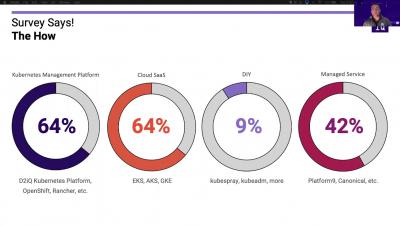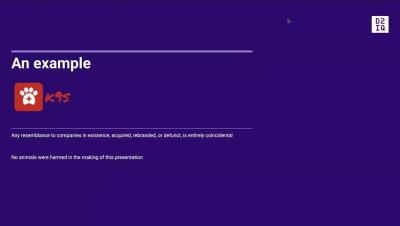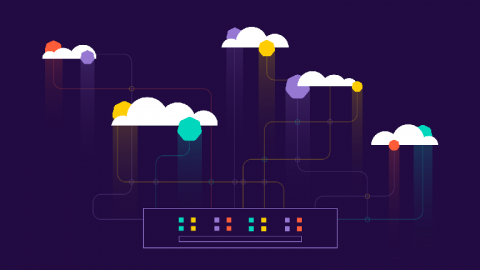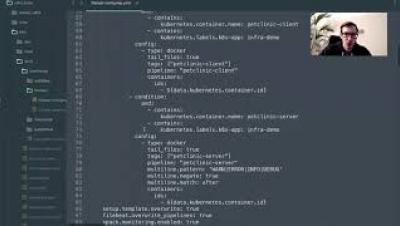Operations | Monitoring | ITSM | DevOps | Cloud
D2IQ
Top 10 Considerations for Selecting Data Protection for Your Kubernetes Applications
AI Chihuahua: Why Machine Learning is Dogged by Failure and Delays - Ian Hellström (D2iQ)
Kubernetes Governance in 2 Minutes
Click here to learn more about the components you need for Kubernetes governance success! https://bit.ly/2ELNa70
The Cause and Effect of Cluster Sprawl
Kubernetes gives organizations the ability to run Kubernetes clusters at scale across different cloud infrastructures and distributions. Unfortunately, this is where many of the challenges begin. As the number of clusters and workloads grow, they are being managed independently with very little consistency.
Why We Care About FIPS (And You Should Too)
We are very pleased to announce that we have received Federal Information Processing Standards (FIPS) Validation (CMVP Cert #3702) for the D2iQ Kubernetes Platform (DKP). With FIPS validation, U.S. public sector organizations can accelerate adoption of the D2iQ Kubernetes Platform to more quickly and securely build and deploy cloud native applications and services.
How to Reduce Overhead and Redundant Efforts in Multi-Cluster Management
Innovation. Scale. Power. These are just a few of the words used to describe the explosive impact that Kubernetes is having on the organizations leveraging it for their innovation efforts. Kubernetes gives organizations the ability to run Kubernetes clusters at scale across different cloud infrastructures and distributions. But as the number of clusters and workloads grow, it can be increasingly difficult to manage and create consistency across your organization’s digital footprint.
Kubernetes Governance: Balancing the Needs of Everyone on Your Team
The problem with a majority of governance models is that they aren’t continuous. As development teams adopt cloud native technologies and evolve to more agile methods, such as continuous flow and continuous iteration, they are up against decades of policy that assume an older model and don’t fit into a month-long sprint. While governance models need to be restructured, if they’re too restrictive, it can discourage developers and prevent innovation.











